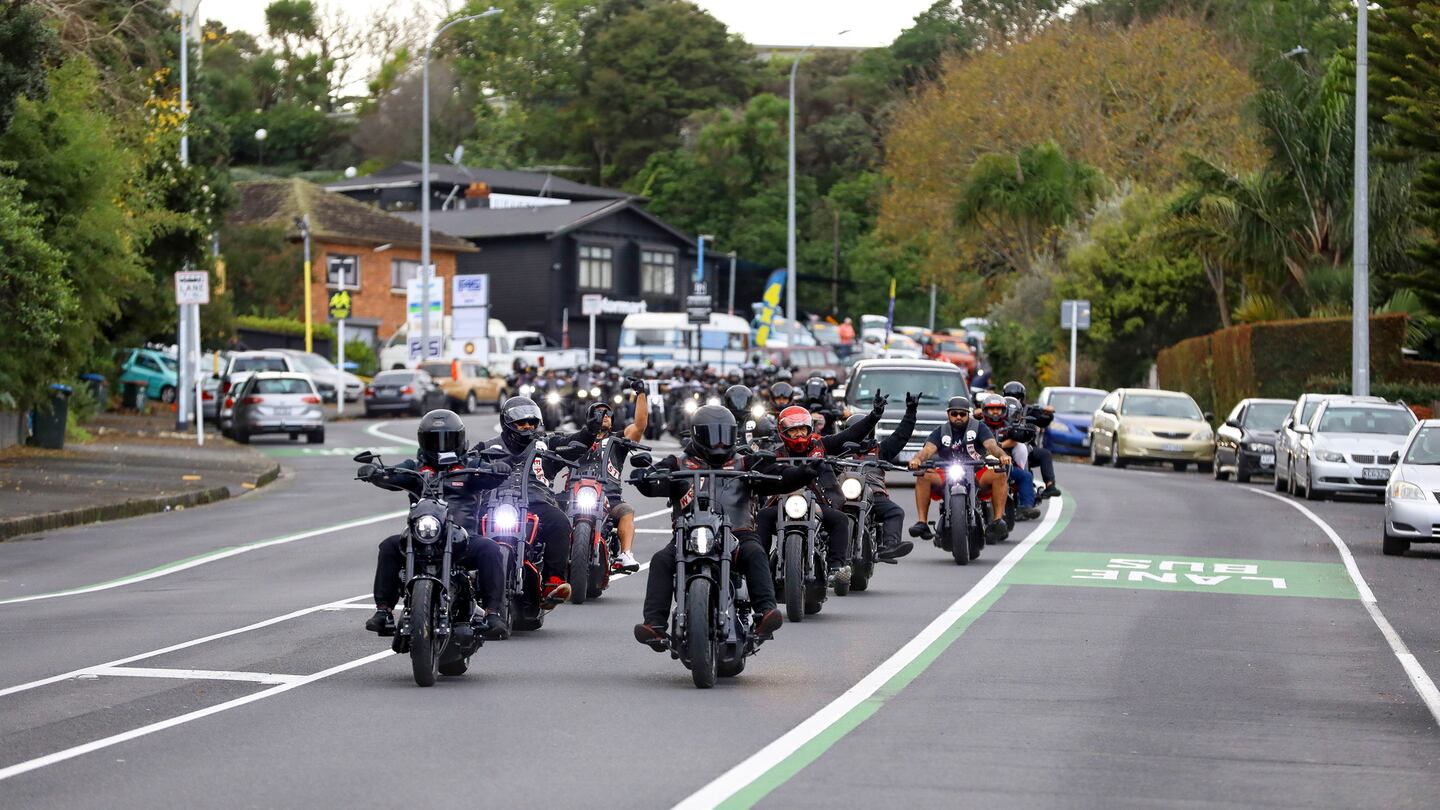OPINION
I am not at all sure whether debates or media releases or news reports make much short-term difference to how people vote. Mostly I think and hope it is not all that much. The level of debate is so low. We seem to accept that there will be a high degree of lying and “mis-speaking” on all sides. Cynicism and indifference fight malice and ignorance.
But we should not accept this. Some of the election noise really is offensive, and while it may not dictate short-term votes, it does build up like grime on a windshield and makes it hard to see ahead clearly.
A fairly inoffensive aspect has been the debate on “recession”.
After months of campaigning about Labour economic mismanagement. It feels like the accusation has stuck. A key piece of “evidence” for the proposition has been some statistics which “show” a recession. As is usually the case both the past and current numbers get revised and this time the “evidence” disappears. Cue, much more noise. None of which tells us anything of any significance about bad (or good) economic management.
Laugh that off if you like. I find much more offensive the recent comments on crime and prisons from National, Act and their fellow travellers. The “lock them up” brigade advances from the right. All the evidence is against the proposition that locking more people in prison will reduce crime. But the idea persists.
Banning gangs or some gang practices is the twin argument. Hard to hold both views in any logical brain when all the evidence shows that gangs grow from imprisonment. The two views contradict each other. So both logic and evidence are rejected, to serve emotion.
We know what parts of the population get imprisoned. I hate to sound separatist Christopher and David and Winston but yet again it is Māori who disproportionately get that “privilege” of imprisonment.

That should logically be offensive to the “we are all equal” ideologues but they seem to delight in deepening the “privilege”.
A leading psychiatrist told me today that in addition to the obvious social determinants of imprisonment, there are some key mental health conditions which predominate.
One is foetal alcohol syndrome for which there is obviously no short-term cure but which we must address from a long-term perspective given its by nature inter-generational cause and effects. Our treatment lags behind even our diagnosis of this condition. Locking people up for the faults of their parents defies both logic and evidence. Do the gangs or criminals control the alcohol trade?
Equally or even more important I learn from my clinical friend that about one-third of people we currently lock up have untreated ADHD when they arrive. Drug addictions do often run alongside these conditions.
So we imprison people for something which should have recognised and treated in childhood.
There is impressive evidence of reduced offending, reduced injuries and reduced substance abuse once you treat ADHD. Often even two or three consultations with an appropriate clinician can get well on the path to being able to handle things much better. I’m no clinician but I accept the logical view that someone is likely to have the ADHD before the addiction.
With appropriate whānau/hapū/community wraparound these conditions can be handled and all the surrounding lives stabilised. This is even before we turn our minds to the huge societal issues of poverty, housing and social alienation which are the causes of so much of this. The social prisons of inequity in which too many live.
Imprisonment is not even the best or even a sensible way to deal with the consequences let alone the causes. This understanding also tells us how vital services for rangatahi, even younger mokopuna, are in identifying and treating such conditions and in simply promoting the healthy minds that come from a nurturing and supportive environment. You know, the sort of places which are not prison
Rob Campbell is a professional director and investor. He is chancellor at AUT, chairman of Ara Ake, chairman of NZ Rural Land and an adviser for Dave Letele’s BBM charity. He is also the former chairman of Te Whatu Ora (Health NZ)
-NZME


